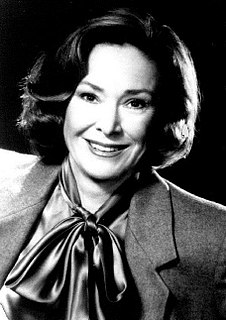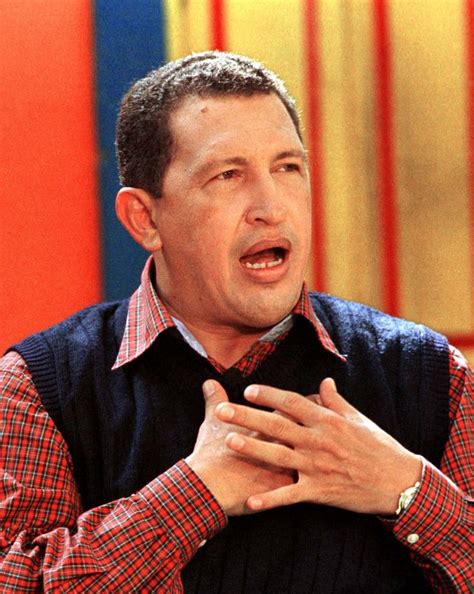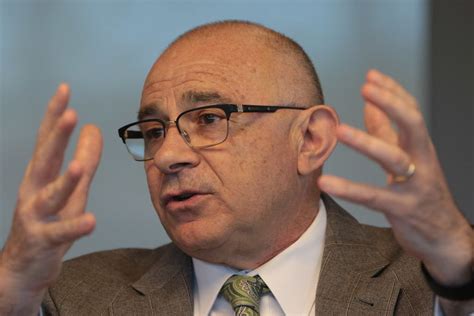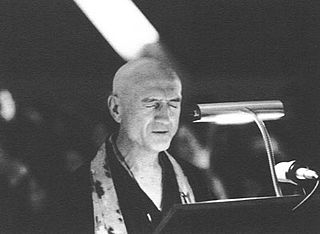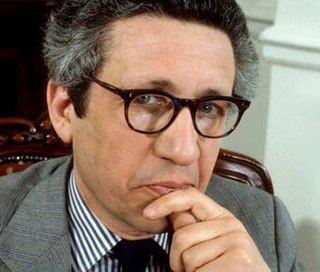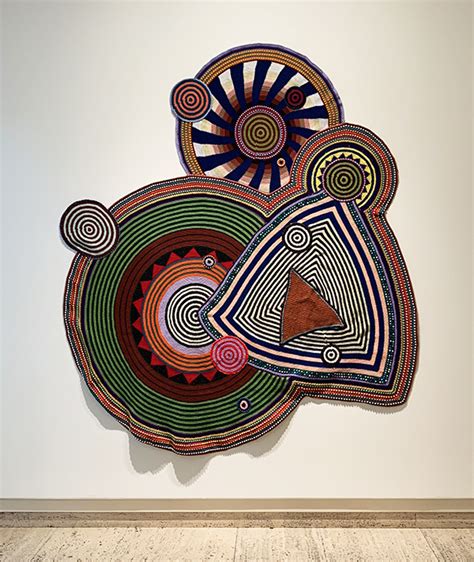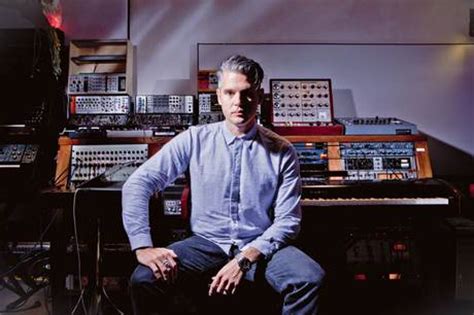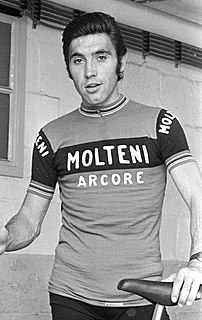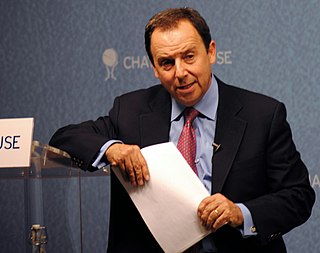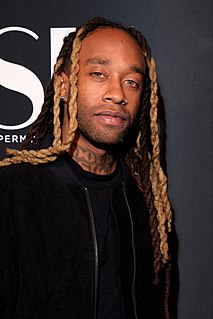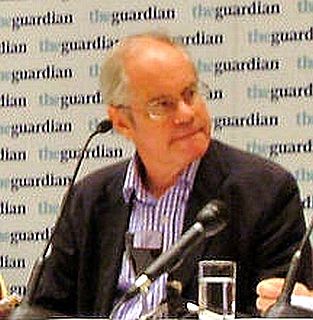Top 1200 Cycle Of Poverty Quotes & Sayings - Page 7
Explore popular Cycle Of Poverty quotes.
Last updated on November 15, 2024.
Plenty is the original cause of many of our needs; and even the poverty, which is so frequent and distressful in civilized nations, proceeds often from that change of manners which opulence has produced. Nature makes us poor only when we want necessaries; but custom gives the name of poverty to the want of superfluities.
Women represent 70 percent of the 1.3 billion people in our world who live in absolute poverty. Consequently, as Joan Holmes, president of the Hunger Project, points out, any realistic efforts to change patterns of chronic hunger and poverty require changing traditions of discrimination against women.
Those who either from imprudence or want of sagacity avoid doing so, are always overwhelmed with servitude and poverty; for faithful servants are always servants, and honest men are always poor; nor do any ever escape from servitude but the bold and faithless, or from poverty, but the rapacious and fraudulent.
The first issue that compelled me was a very strange split between India being highly development scientifically (we were the third biggest scientific manpower in the world then) and yet at the same time struggling with amazing poverty. The linear equation that says that modern science equals progress and the reduction of poverty did not apply to India. It wasn't working.
The service of India means the service of those teeming millions steeped in poverty, ignorance and disease. To see that in my lifetime we can soften these harsh edges of extreme poverty and unleash a new economic and social revolution which will bring out the latent creativity and entrepreneurial spirit of our people, I think that's what I feel, I think.
Anyone who lives with poor health or chronic pain, or who has endured poverty - real poverty - knows what it is to live with lack and a resulting fear so incessant that it becomes thoroughly normalized, invisible in its ubiquity. If you're lucky enough to have that fear begin to ease, it's an odd experience. A stranglehold eases off your entire body, one you never fully realized was there.
...let us recognize that extreme poverty anywhere is a threat to human security everywhere. Let us recall that poverty is a denial of human rights. For the first time in history, in this age of unprecedented wealth and technical prowess, we have the power to save humanity from this shameful scourge. Let us summon the will to do it.
Labour ministers often look puzzled when reports show that Britain has one of the lowest levels of social mobility in the developed world. They just don't get it. They see poverty, inequality, fairness, as all about income. For the past 12 years, they have relied on tax credits to solve this. But tax credits do not solve poverty: they mask it.
I was a TV producer at a noncommercial station, and we were producing some good documentaries - on Head Start, on poverty. But I was struck by the children, and the damage that poverty was doing to them. I didn't think filming them was helping much, so I wondered how we could use TV for them, to teach them.
He [Hugo Chavez] put poverty at the heart of political debate. Rightly so, given the country's immense inequality and poverty. He invested heavily in social programs such as literacy, health clinics, and education. He promoted Venezuela's indigenous culture and urged compatriots to take pride in its pre-Columbian history. He called time on the US treating Latin America as its backyard.
You [Jill Stein] also believe in a full employment policy that was the majority Democratic Party policy in 1946. They actually passed a law to that effect. You want to end poverty and when people see how relatively easy it is to end poverty. And one way is to increase the minimum wage: catch up; it's been frozen for so many years.
My father was a basketball player, so I loved basketball because he did. It was a direct transference. But, more than that, basketball, in the United States at least, plays the same function that soccer does everyone else in the world. It's the sport of poverty. It's the sport born of poverty. It's the cheapest sport.
It is easy to romanticize poverty, to see poor people as inherently lacking agency and will. It is easy to strip them of human dignity, to reduce them to objects of pity. This has never been clearer than in the view of Africa from the American media, in which we are shown poverty and conflicts without any context.
During my eleven years as a New York City public school teacher, I saw firsthand the impact that poverty has on the classroom. In low-income neighborhoods like Sunset Park, where I taught, students as young as five years old enter school affected by the stresses often created by poverty: domestic violence, drug abuse, gang activity.
For, when you are approaching poverty, you make one discovery which outweighs some of the others. You discover boredom and mean complications and the beginnings of hunger, but you also discover the great redeeming feature of poverty: the fact that it annihilates the future. Within certain limits, it is actually true that the less money you have, the less you worry.
I think it goes back to whether or not race and class - that is, race and poverty - is not becoming even more of a constraint. Because with the failing public schools, I worry that the way that my grandparents got out of poverty, the way that my parents became educated, is just not going to be there for a whole bunch of kids.
Yeah, remember, under the Bush administration, welfare — I mean, excuse me, poverty among African Americans and among single unmarried women, poverty was at the lowest rate ever in the history of this country. So Obama’s policies are not working, Bush polices worked! For long a time as a matter of fact.
Since I have escaped the harshness of the economic bounds of poverty, I have stayed very connected to it spiritually. I reside and live and go and socialize and exist among those who suffer daily from the relationship that they have to poverty, Black men and women who are incarcerated. Actually, all people who are incarcerated, not just Black.
I think one of the biggest mistakes that America has made - and maybe the world because this is, sort of, the core of communism and socialism - is that you can have perfect solutions to social problems like poverty, like crime. You're not going to eliminate all crime. Maybe you'll never eliminate all poverty.
We think of violence as being conflict and fighting and wars and so forth, but the most ongoing horrific measure of violence is in the horrible poverty of the Third World... and the poverty in the United States as well. We have our own Third World here. And we have to first become aware of that and how to help and solve that.
One would have thought that it was even more necessary to limit population than property; and that the limit should be fixed by calculating the chances of mortality in the children, and of sterility in married persons. The neglect of this subject, which in existing states is so common, is a never-failing cause of poverty among the citizens; and poverty is the parent of revolution and crime.
My vision for the future? Two things: to make credit a human right so that each individual human being will have the opportunity to take loans and implement his or her ideas so that self-exploration becomes possible. And second: that it will lead to a world where nobody has to suffer from poverty - a world completely free from poverty.
Those who automatically say that the social pathology of the ghetto is due to poverty discrimination and the like cannot explain why such pathology was far less prevalent in the 1950s, when poverty and discrimination were worse. But there were not nearly as many grievance mongers and race hustlers then.
By the Reagan era, the 'culture of poverty' had become a cornerstone of conservative ideology: poverty was caused not by low wages or a lack of jobs but by bad attitudes and faulty lifestyles. The poor were dissolute, promiscuous, prone to addiction and crime, unable to 'defer gratification' or possibly even set an alarm clock. The last thing they could be trusted with was money.
The curse of poverty has no justification in our age. It is socially as cruel and blind as the practice of cannibalism at the dawn of civilization, when men ate each other because they had not yet learned to take food from the soil or to consume the abundant animal life around them. The time has come for us to civilize ourselves by the total, direct and immediate abolition of poverty.
The economic benefits of investing in children have been extensively documented. Investing fully in children today will ensure the well-being and productivity of future generations for decades to come. By contrast, the physical, emotional and intellectual impairment that poverty inflicts on children canmean a lifetime of suffering and want - and a legacy of poverty for the next generation.
Lent is a fitting time for self-denial; we would do well to ask ourselves what we can give up in order to help and enrich others by our own poverty. Let us not forget that real poverty hurts: no self-denial is real without this dimension of penance. I distrust a charity that costs nothing and does not hurt.
What's most striking is that the world as a whole has made remarkable progress against hunger, poverty and disease. I believe in God, and I see that hundreds of millions of people have escaped from poverty in places like Ethiopia, Bangladesh, Brazil and Britain. That's why, for me, it makes sense that this is God moving in our history.
Polak, a psychiatrist, has applied a behavioral and anthropological approach to alleviating poverty, developed by studying people in their natural surroundings. He argues that there are three mythic solutions to poverty eradication: donations, national economic growth, and big businesses. Instead, he advocates helping the poor earn money through their own efforts of developing low-cost tools that are effective and profitable.
As a reporter, you know the tropes of how stories on poverty work in any country. A reporter will go to an NGO and say, "Tell me about the good work that you're doing and introduce me to the poor people who represent the kind of help you give." It serves to streamline the storytelling, but it gives you a lopsided cosmos in which almost every poor person you read about is involved with a NGO helping him. Our understanding of poverty and how people escape from poverty, in any country, is quite distorted.
Poverty is not a certain small amount of goods, nor is it just a relation between means and ends; above all it is a relation between people. Poverty is a social status. As such it is the invention of civilization. Socrates made the same point 2,400 years ago: "He is richest who is content with least, for contentment is the wealth of nature.















